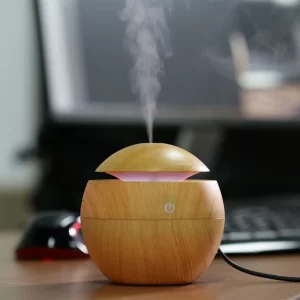Is it good to sleep with a humidifier?
Introduction
Sleeping with a humidifier in your bedroom can provide several benefits for your health and well-being. Humidifiers add moisture to the air, which can help alleviate dryness and improve respiratory comfort during sleep. However, there are certain factors to consider to ensure that sleeping with a humidifier is beneficial and safe. In this guide, we will explore the advantages of sleeping with a humidifier and provide important considerations to maximize its benefits.
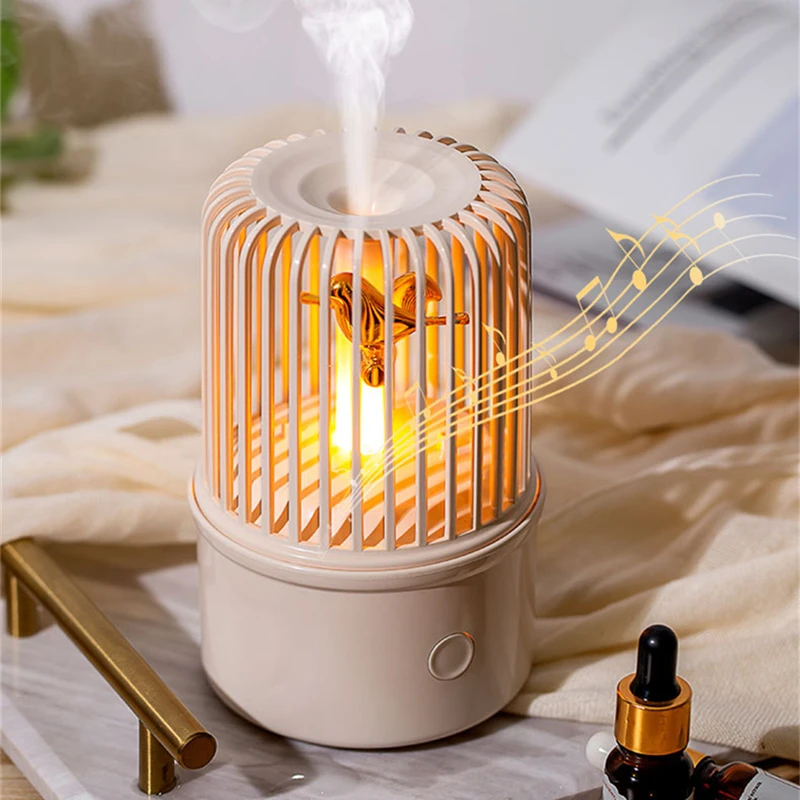
Is it good to sleep with a humidifier?
Improved Respiratory Health
1.1. Alleviating Dryness
Sleeping in a room with optimal humidity levels can help alleviate dryness in the airways and nasal passages. The added moisture from a humidifier can prevent dry throat, nasal congestion, and irritated airways that can disrupt sleep and lead to coughing or snoring.
1.2. Moisturizing Dry Skin
Low humidity levels can cause skin to become dry and uncomfortable, leading to itching, flaking, and skin irritation while sleeping. Using a humidifier can help moisturize and hydrate the skin, reducing these discomforts and promoting more restful sleep.
1.3. Easing Sinus Congestion
If you suffer from sinus congestion, a humidifier can provide welcomed relief while sleeping. The increased humidity helps thin mucus and reduce inflammation, making it easier for you to breathe and reducing the likelihood of snoring or waking up feeling congested.
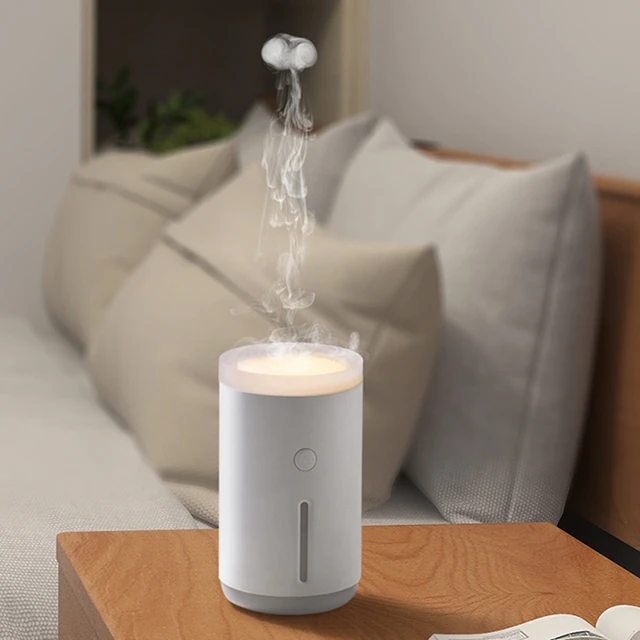
Enhanced Sleep Quality
2.1. Restful Sleep Environment
Dry air can create an uncomfortable sleeping environment, causing restless nights and disrupted sleep patterns. By using a humidifier, you can create a more comfortable and soothing atmosphere, promoting deeper and more restful sleep.
2.2. Reduced Snoring
Snoring can be caused or exacerbated by nasal congestion or a dry throat. Sleeping with a humidifier can help reduce nasal congestion and moisturize the airways, potentially minimizing or eliminating snoring, leading to a quieter and more peaceful sleep environment for you and your partner.
2.3. Alleviation of Nighttime Dryness
Low humidity levels can cause dryness in the throat and airways, leading to discomfort and disturbed sleep. A humidifier adds moisture to the air, easing nighttime dryness and contributing to a more enjoyable sleep experience.
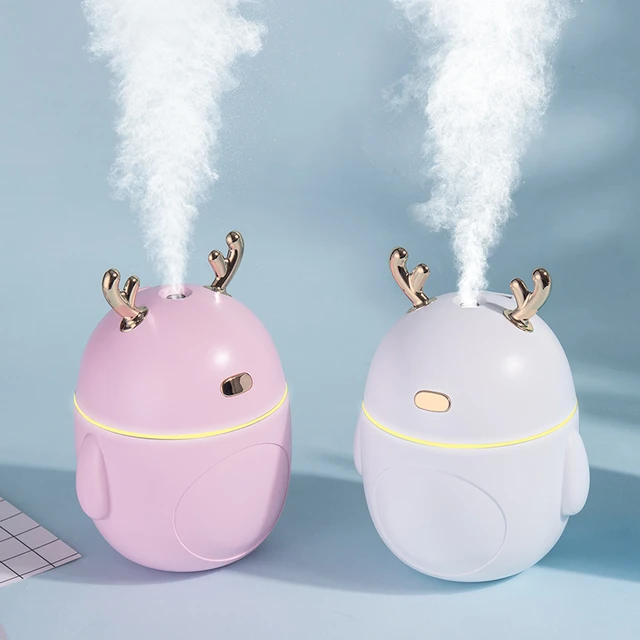
Considerations for Optimal Use
3.1. Optimal Humidity Levels
Maintaining optimal humidity levels in your bedroom is essential for reaping the benefits of a humidifier while sleeping. Aim for a humidity range of 30% to 50%, as excessively high humidity levels can encourage mold growth and create other issues.
3.2. Proper Maintenance and Cleaning
Regular maintenance and cleaning are crucial to prevent the growth of bacteria or mold within the humidifier. Follow the manufacturer’s instructions for cleaning and disinfecting the unit, and replace filters as recommended. Using distilled or demineralized water can help minimize mineral buildup and maintain the humidifier’s efficiency.
3.3. Noise Considerations
Some humidifiers can produce white noise, which can actually be soothing and promote better sleep for some individuals. However, others may find the sound disruptive. Consider the noise level of the humidifier and choose a model that aligns with your personal preferences for a peaceful sleep environment.
3.4. Safety Precautions
Keep safety in mind when using a humidifier. Ensure that the humidifier is placed on a stable surface away from curtains or other flammable materials. Avoid placing it within reach of children and follow all safety guidelines provided by the manufacturer.
Potential Risks and Allergies
4.1. Over-humidification Risks
While optimal humidity levels are beneficial, over-humidification can have negative consequences. Excessively high humidity levels can promote mold growth or encourage the proliferation of dust mites. Regularly monitor humidity levels and adjust the humidifier settings or usage accordingly to maintain a healthy balance.
4.2. Allergy Management
If you have allergies, consider the impact of adding moisture to the air. Although a humidifier can help alleviate dryness and congestion, it can also potentially increase mold or dust mite sensitivity. If allergies are a concern, consult with an allergist for guidance on whether a humidifier is suitable for your specific situation.
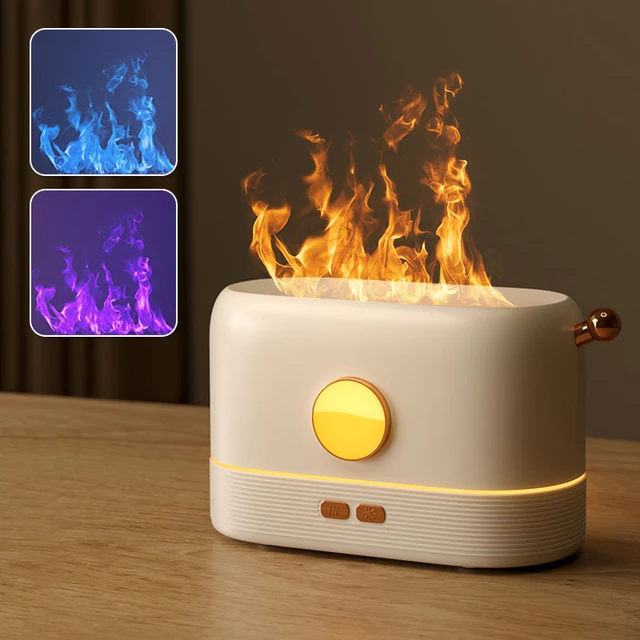
Seeking Professional Advice
5.1. Medical Conditions and Health Concerns
If you have pre-existing medical conditions, it is advisable to consult with a healthcare professional before using a humidifier. Certain respiratory conditions, such as asthma, may require specific considerations or adjustments to ensure optimal use.
5.2. Professional Assistance for Allergy Management
If you are concerned about the potential impact of a humidifier on your allergies, seeking professional advice from an allergist can provide personalized guidance and recommendations. They can help identify any specific triggers and advise on the optimal use of a humidifier in your particular situation.
Specific Benefits for Different Sleep Conditions
6.1. Dry Air and Dry Skin
For individuals who experience dry air or dry skin during sleep, a humidifier can provide targeted relief. Dry air can exacerbate conditions such as eczema or psoriasis, leading to itching and discomfort. By adding moisture to the air, a humidifier can help alleviate these symptoms and promote healthier, more hydrated skin.
6.2. Sleep Apnea and Snoring
Sleep apnea and snoring can disrupt sleep patterns and lead to daytime fatigue. While humidifiers alone may not treat these conditions, they can provide additional comfort and moisture to reduce airway irritation, potentially easing symptoms for some individuals. However, it is important to consult with a healthcare professional for appropriate treatment of sleep apnea or snoring.
6.3. Allergies and Nasal Congestion
For individuals who suffer from allergies or nasal congestion, especially during certain seasons or due to environmental triggers, a humidifier can be beneficial. Adding moisture to the air can help soothe nasal passages and alleviate congestion, making breathing easier during sleep.
Tips for Optimal Humidifier Use
7.1. Bedside Placement
Position the humidifier near your bedside to maximize the benefits while sleeping. This helps ensure that the moisture released by the humidifier is directed toward your breathing zone, providing targeted relief.
7.2. Timer Function
If your humidifier has a timer function, consider setting it to turn on a short while before bedtime and to turn off after you expect to have awakened. This helps maintain optimal humidity levels during your sleep period without excessive moisture accumulation during the day.
7.3. Regular Cleaning and Maintenance
Regularly clean and maintain your humidifier to prevent the growth of bacteria, mold, or other contaminants. Follow the manufacturer’s instructions for proper cleaning procedures, including disinfecting the water tank and replacing filters if applicable. Establishing a routine for cleaning and maintenance ensures that your humidifier operates efficiently and safely.
7.4. Humidity Monitoring
Using a hygrometer to monitor humidity levels in your bedroom can help you adjust your humidifier settings as needed. Aim for a humidity range between 30% and 50% to maintain a comfortable and healthy sleep environment.
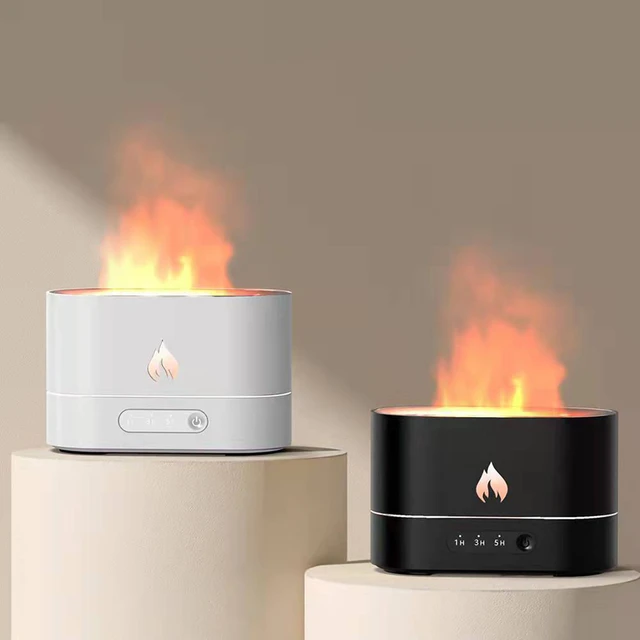
Conclusion
Sleeping with a humidifier can offer numerous benefits for respiratory health and sleep quality, promoting a more comfortable and restful sleeping environment. By maintaining optimal humidity levels and practicing proper maintenance and cleaning, you can maximize the benefits while minimizing potential risks. Consider personal factors such as noise preferences, allergies, and safety precautions to make the best decision for incorporating a humidifier into your sleep routine. Consulting with healthcare professionals can provide tailored guidance and ensure that using a humidifier is safe and beneficial for your specific needs and circumstances.

